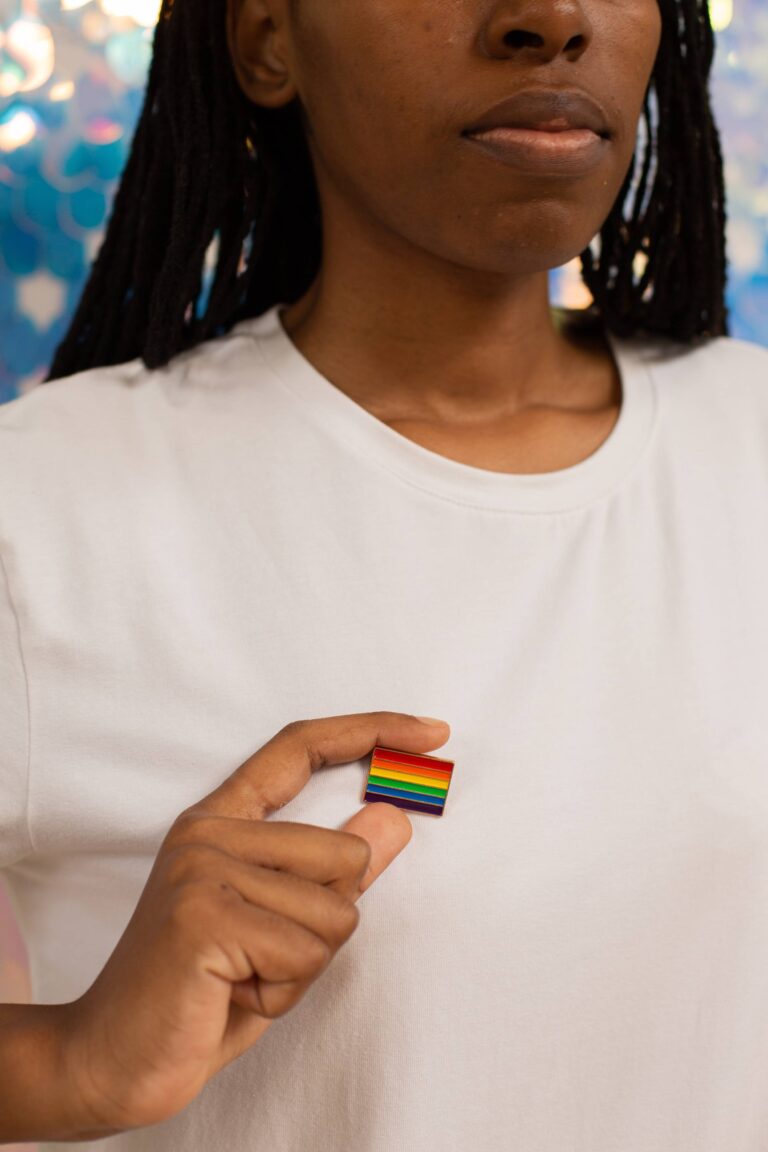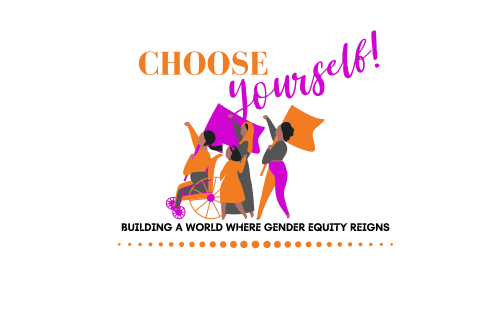“For so long, the Malawian society has hidden behind this facade that the LGBTIQ Community does not exist, and because of that, so much violence has gone unreported, unnoticed, and many times, has been justified because people do not know the community exists in the country, and it is time to change that.”
On the 13th of August, Girl Talk Malawi, in collaboration with Ivy Foundation, held a dialogue under the theme, Practicing Solidarity and Organizing with LGBTIQ, specifically the topic of creating a Safe space for healing from sexual violence within the LGBTIQ Community: Addressing the sexual violence against Queer Women in Malawi.
The dialogue was primarily aimed at discussing and dissecting the violence against Lesbian, Bisexual, Trans, Intersex, and Queer (LBTIQ) women, within the Malawian society, and creating a safe platform for sharing ideas, and recommendations on addressing the violence as a society and as a community.
Malawi remains a highly hostile society towards the LGBTIQ community, which has a range of negative effects on the lives of many, including barriers to accessing economically empowering activities, the job market, and basic needs including safe and secure housing. Despite the suspension of criminalization of same-sex relations in Malawi, the lack of political will from decision-makers in the country to advocate and push for decriminalization has left the rate of violence, discrimination, and stigma unchecked for years. LBTIQ women in Malawi face significant threats to their wellbeing and safety, from physical, emotional, sexual, and financial abuse, the rate of violence against the community remains high to date; for many, the situation of violence worsened during the onset of the global pandemic, which saw too many losing jobs and left unemployed, and vulnerable to more instances of violence and discrimination.
The dialogue, therefore, aimed to create room for sharing stories and building solidarity within the community in light of the existing violence against LBTIQ women, to preset conversations for collective healing and support.
Participants in the conversation shared stories of the various harassment and violence faced because of their identity and orientation. In sharing, participants shared that the decision to make as simple as a trip to the nearby market involves a series of decisions in preparation for the street harassment between their homes and the market.
They further shared that hotspots for violence also include venues for recreational activities such as bars and clubs, where many cases of physical assault happen, and as a result of the stigma and discrimination, many survivors of the assault choose not to report for fear of being shunned by the police; this also often pertains to medical assistance after the violence occurs, as medical practitioners tend to hold stigmatizing attitudes.
While there has been an increasing number of organizations and feminist collectives working towards decriminalization and advocating for an end to the violence, the reluctance by the Government to support the community continues to incredibly undermining the efforts. However, the emerging organizations and collective in support of the community have also provided solidarity and hope.
As the dialogue came to a close, participants shared the crucial need for members of the community to recognize the reality that violence was a shared experience, and the need to join forces in addressing the violence by rallying together, and especially called on the organizations working with the LGBTIQ community to strengthen their efforts in building solidarity for members of the community, and to seek partnerships with more prominent humanitarian organizations, to support more members of the organization.
One critical reflection from the dialogue was that there is existing solidarity within the community and allies, and more efforts can be made to ensure the Malawian society is aware of the LGBTIQ community.
“We cannot end discrimination and violence if they do not know about us, so we have to tell our stories, so people know we exist”
Elektra
Girl Talk Malawi, August 2022
Author: Jessica Mandanda, GT Malawi Coordinator


